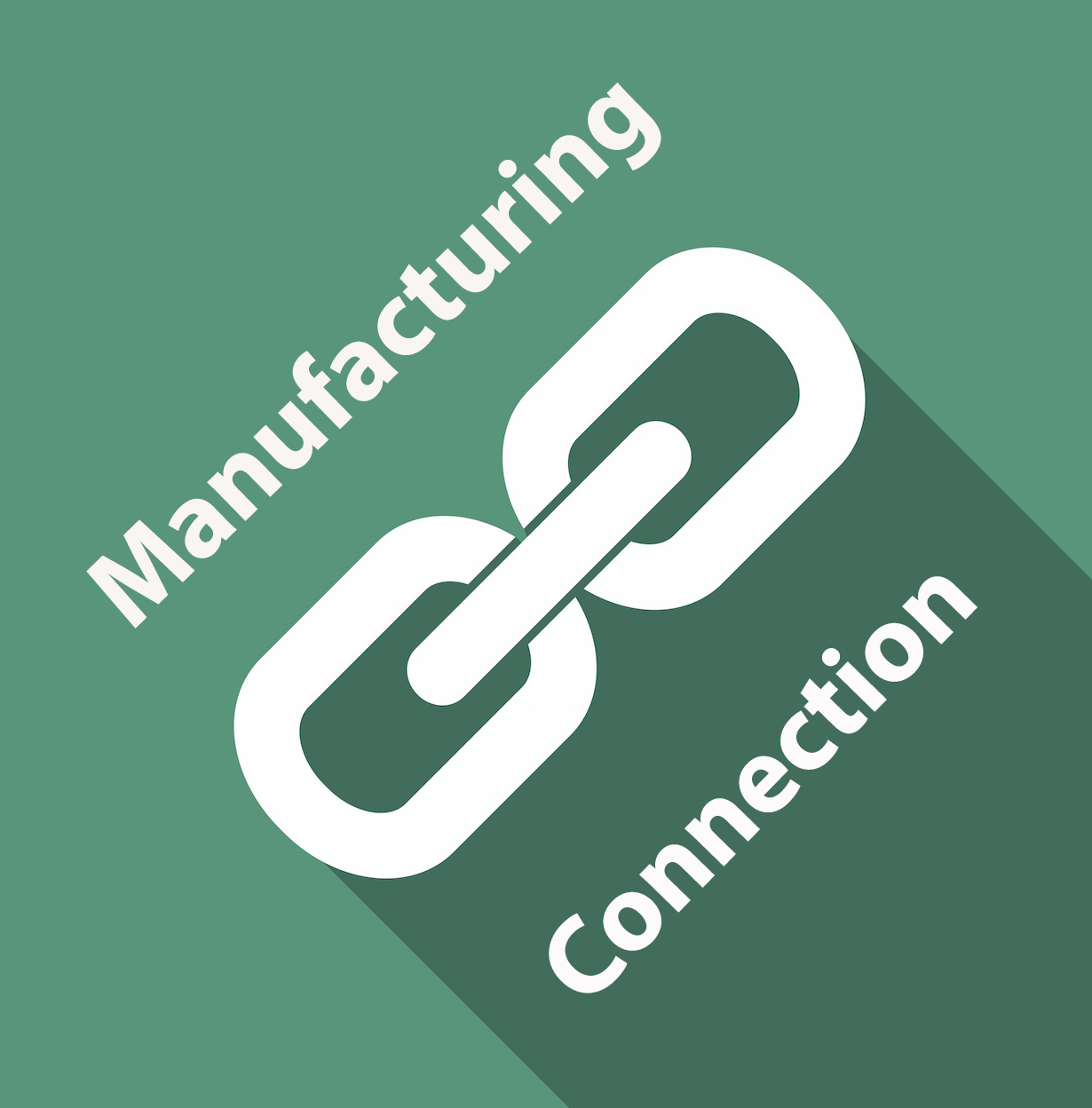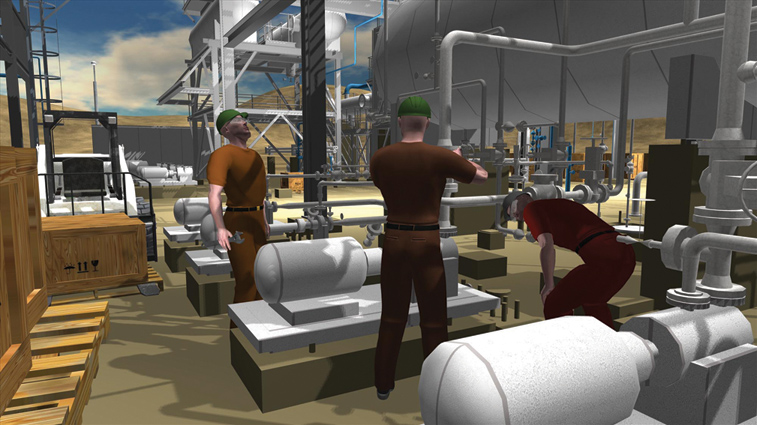
Advanced Tools Help Train Industrial Process Workforce
 The ARC Forum, held annually in Orlando, drew approximately 700 total attendees including perhaps 60 members of the media for the 19th iteration—Industry in Transition. Media members devote Monday afternoon each year to meeting with a parade of companies presenting new products and ideas.
The ARC Forum, held annually in Orlando, drew approximately 700 total attendees including perhaps 60 members of the media for the 19th iteration—Industry in Transition. Media members devote Monday afternoon each year to meeting with a parade of companies presenting new products and ideas.
First up this year in my writing agenda is an update to industrial process workforce training tools. I’m seeing increasing sophistication in companies combining ideas and technologies from computer gaming with simulation of process plants to train the current and future workforce—especially the new people who grew up with gaming technology.
Honeywell Process Solutions (HPS) managers announced its new UniSim Competency Suite, which improves operator competency and helps prepare them faster through realistic training experiences for console and field operators in the process industries.
Leveraging more than 30 years of experience in process simulation and operator training, Honeywell’s new suite of simulation software offers an integrated, robust training experience that will help industrial facilities address a growing shortage of trained operators.
“In the near future, many operators at industrial plants in developed countries will retire, while process industries in emerging economies will continue to face the challenge of critical skill shortages,” said Ali Raza, vice president and general manager for Honeywell Process Solutions’ Advanced Solutions business. “The expanded UniSim Competency Suite helps our customers train its workforce faster in a more realistic environment to drive safe, incident-free, efficient startups and ongoing operations.”
The UniSim Competency suite features proven simulation models as well as new technologies including:
- UniSim Operations: Operator Training Simulator (OTS), a dynamic plant simulation system that allows users to accelerate knowledge transfer by consolidating an entire lifetime of experience into a concise process training curriculum; features realistic process, control and safety systems modeling
- UniSim Curriculum: Customizable competency model that aligns and assists in improving critical requisite skills and behaviors; tracks operator progress; built from Abnormal Situation Management Consortium’s research into operator competency to help businesses define, deploy and manage a structured competency program
- UniSim Tutor: Knowledge capture and propagation tool; provides a repository for domain knowledge and experiences; teaches and evaluates “what if” reflexes and diagnostic abilities
- UniSim Field View: Interactive, navigable, panoramic view for realistic field operator training; uses actual facility photographs and extends UniSim Operations simulator training to include field operators
- UniSim 3D Connect: UniSim Operations simulator integration and connectivity to 3D virtual environment; provides credible and realistic experiences for field operator
“Industrial plant owners and operators around the world recognize how simulation technology can help them achieve a significant competitive advantage in today’s demanding global environment,” said John Roffel, Operator Competency product director for HPS. “This suite provides our customers with the confidence and tools needed for operator competency management.”






